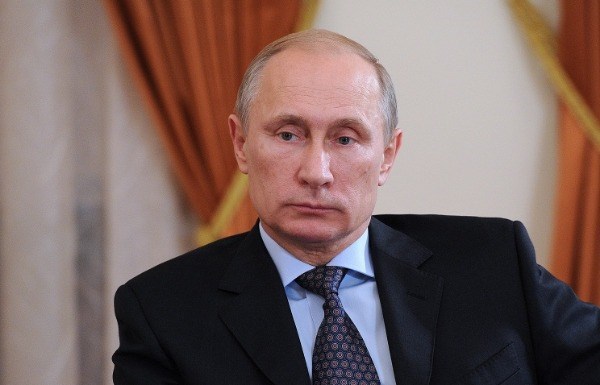Putin calls off Idlib offensive after negotiations with Erdogan
Russia will not hold a military operation in Syria’s Idlib province, home to 3 million people, which the Kremlin called a “nest of terrorists” earlier in September.
The decision to call off the Russian Aerospace Forces’ offensive was announced by Russian Defense Minister Sergey Shoygu on Monday. The Russian aircraft had been bombing the region to clear the way for Assad’s troops since September 4.
Following negotiations between Russian and Turkish presidents Vladimir Putin and Recep Erdogan in Sochi, Shoygu announced that the end of the operation would be coordinated with Damascus in the next few hours.
US President Donald Trump had called the operation “a serious mistake” which would lead to a “humanitarian catastrophe”.
During the negotiations, Putin and Erdogan agreed on a de facto ceasefire between government and rebel forces: by October 15, a de-militarized zone will be established between the two armies. The zone will have a width of 15-20 kilometers, and must be cleared of all heavy weaponry and radical militants, including the Al-Nusra Front.
After Russia started its airstrikes on Idlib, Turkey ramped up its arms shipments to the Syrian rebels, in order to help them repel the offensive expected from Damascus and its Russian and Iranian allies. Since Turkey shares a border with Idlib, it is concerned that a major offensive in the region would drive vast numbers of refugees into Turkey.
“They promised absolute military support from Turkey for a lengthy, drawn-out battle,” said a high-ranking officer from the Free Syrian Army.
In response to the concession, Turkey offered to protect Russia’s Khmeimim airbase, which has been targeted by at least 55 drone attacks, Al Rai reports, citing its own sources.
Moscow initially declined the offer, but later changed its position after being pressurized by western countries.
Turkey asked for time to stabilize the situation in Idlib, and promised to find a solution to the tens of thousands of armed militants once the combat is over, and the process of political reconciliation has begun in the country.
